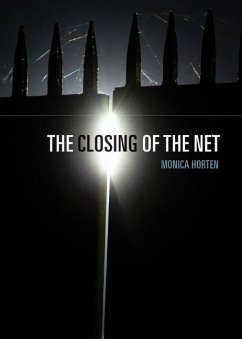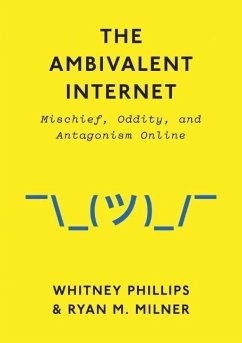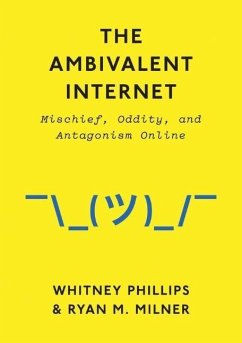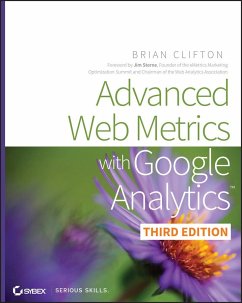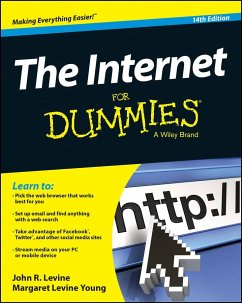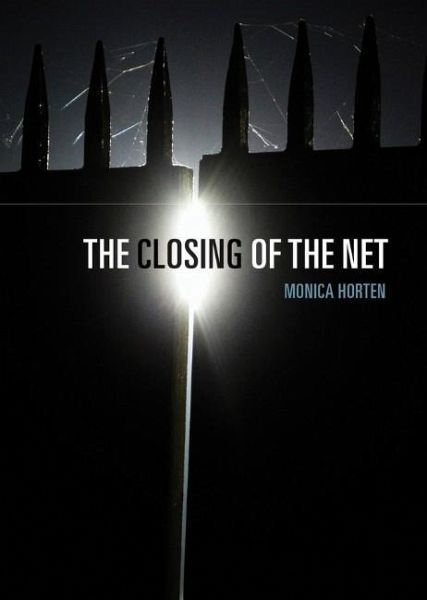
The Closing of the Net
Versandkostenfrei!
Versandfertig in über 4 Wochen
61,99 €
inkl. MwSt.
Weitere Ausgaben:

PAYBACK Punkte
31 °P sammeln!
How are political decisions influencing the future direction of Internet communication? As the interests of powerful businesses become more embedded in the online world, so these corporations seek greater exemption from liability. They are manipulating governments and policymakers, blocking and filtering content, and retaining and storing personal data - at the cost of individual access and privacy.In this compelling account, Monica Horten confronts the deepening cooperation between large companies and the state. Corrupt political manoeuvrings, she argues, suggest that the original vision of a...
How are political decisions influencing the future direction of Internet communication? As the interests of powerful businesses become more embedded in the online world, so these corporations seek greater exemption from liability. They are manipulating governments and policymakers, blocking and filtering content, and retaining and storing personal data - at the cost of individual access and privacy.
In this compelling account, Monica Horten confronts the deepening cooperation between large companies and the state. Corrupt political manoeuvrings, she argues, suggest that the original vision of a free and democratic Internet is rapidly being eclipsed by a closed, market-led, heavily monitored online ecosystem. And the results are chilling.
The Closing of the Net boldly tackles the controversies surrounding individual rights today. It is essential reading for anyone concerned with present and future Internet policy and its effects on our freedoms.
In this compelling account, Monica Horten confronts the deepening cooperation between large companies and the state. Corrupt political manoeuvrings, she argues, suggest that the original vision of a free and democratic Internet is rapidly being eclipsed by a closed, market-led, heavily monitored online ecosystem. And the results are chilling.
The Closing of the Net boldly tackles the controversies surrounding individual rights today. It is essential reading for anyone concerned with present and future Internet policy and its effects on our freedoms.



